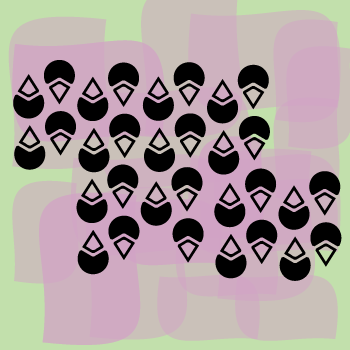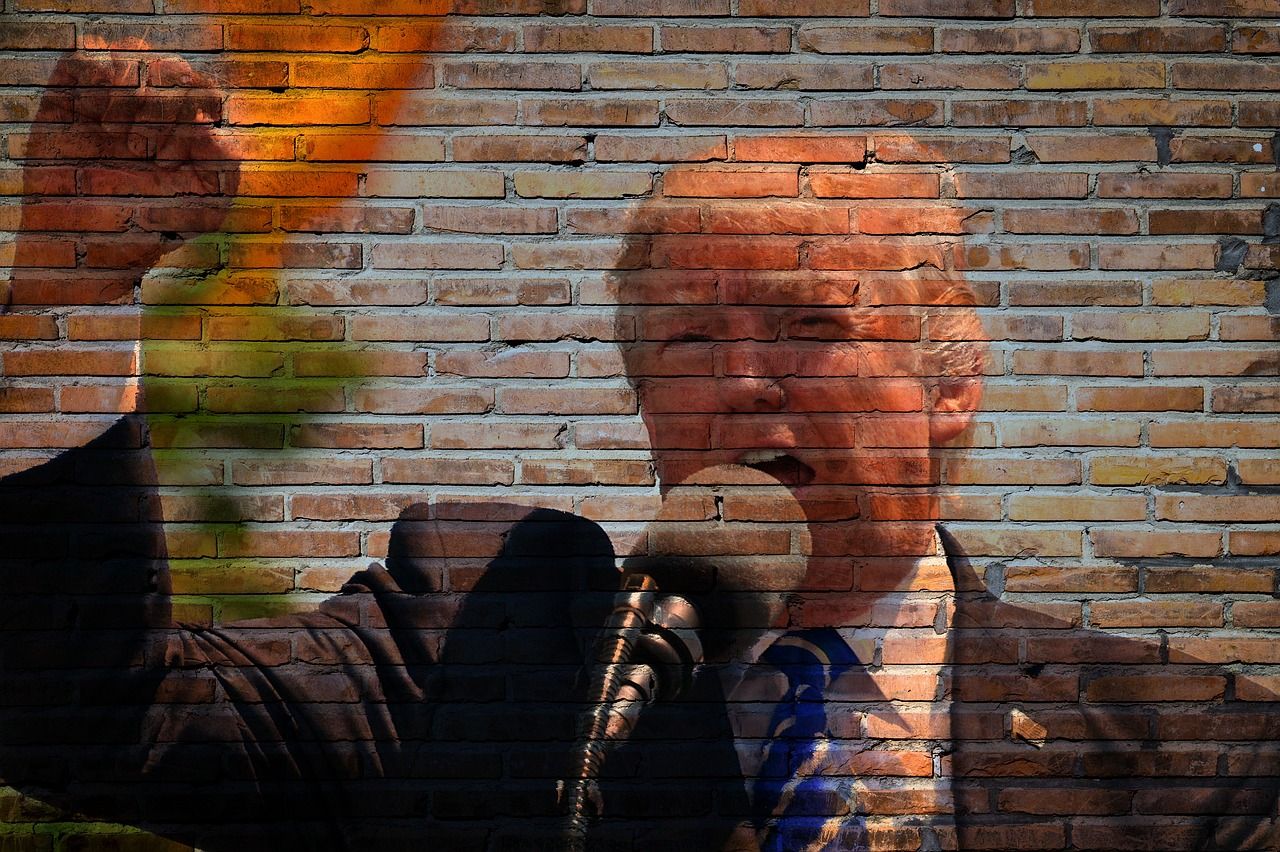Can Web3 build new countries?
The network state will be built using many technologies facilitating Web3 protocols and communities. Cryptocurrencies provide a native digital currency for them, and decentralised autonomous organisations (DAOs) can be used to govern them. Facts and data can be recorded on blockchains to provide an immutable record of truth as to their beliefs and activities. Community focussed platforms such as Discord can be used for communication between members.
They will also interact with the real world through community ownership of physical assets such as land and property, or by leasing space and facilities for their members. The access to such spaces can be enforced using NFTs demonstrating membership, or via self-sovereign decentralised identities.
‘Network states’ a stretch?
On the surface, it may appear somewhat far-fetched this idea, where Balaji has been drinking too much #Web3 kool-aid, but he sets out a number of compelling arguments for why individuals and groups within our society will be attracted to such virtual communities.
It starts with the concept of the leviathans in our community and societies — those faceless, omnipotent beings that are both feared and revered equally. In more primitive times it was those leviathans at sea, or monsters on land which were the stuff of legend. Communities formed to protect themselves against such threats, bringing people together and establishing group identities around the shared beliefs they held.
Over time these leviathans evolved, with feudal societies having nobility or lords ultimately accountable to God. God and religion remained the leviathan that all were ultimately accountable to for hundreds of years, with monarchs and aristocrats having ultimate accountability to them and the church throughout much of the western world.
During the 19th and 20th centuries, we saw the power start to shift in favour of the nation-state, which ultimately overthrew God and religion as the all-powerful in our societies. These nation-states controlled by governments, and funded by taxpayers provided a number of services including welfare, economic policy, defence, immigration and justice to benefit their citizens.
Certain nations were also for some time able to exert significant influence on the world stage, heading into war where freedoms they stood by were threatened by other states they did not see eye to eye with. However, in more recent decades with the fallout from the wars in Iraq and Afghanistan, and financial crises, the omnipotent power of these states has faded, especially in the U.S.
- The BTC Crypto Capital pole represents the Web3 community with the various blockchains, protocols, decentralised applications, tokens and currencies built upon them.
- The Chinese Communist Party pole represents those members of the CCP and supporters of it and includes the Chinese Internet.
- The New York Times pole represents the leading news publication in the U.S and the power media represents via cancel culture and the woke movement.
Source: thenetworkstate.com
All three poles now exert significant influence in the world, with their differing ideologies, their own currencies (BTC, digital yuan, USD) and sources of truth (the protocol, CCP, NYT).
Against this backdrop, Balaji’s argument is, the populous are drawn to these poles or combinations thereof as this is where the real power lies in the 21st century. Whilst described as BTC Crypto Capital pole, this group is really composed of the proponents and supporters of Web3 and can serve as a base for creating network…
Read More: blog.web3labs.com









 Bitcoin
Bitcoin  Ethereum
Ethereum  XRP
XRP  Tether
Tether  Solana
Solana  Dogecoin
Dogecoin  USDC
USDC  Cardano
Cardano  Lido Staked Ether
Lido Staked Ether  TRON
TRON  Chainlink
Chainlink  Avalanche
Avalanche  Sui
Sui  Wrapped Bitcoin
Wrapped Bitcoin  Wrapped stETH
Wrapped stETH  Toncoin
Toncoin  Stellar
Stellar  Hedera
Hedera  Shiba Inu
Shiba Inu  Polkadot
Polkadot  WETH
WETH  LEO Token
LEO Token  Litecoin
Litecoin  Bitcoin Cash
Bitcoin Cash  Bitget Token
Bitget Token  Hyperliquid
Hyperliquid  Uniswap
Uniswap  Official Trump
Official Trump  USDS
USDS  Wrapped eETH
Wrapped eETH  Pepe
Pepe  NEAR Protocol
NEAR Protocol  Ethena USDe
Ethena USDe  Aave
Aave  Aptos
Aptos  Internet Computer
Internet Computer  Monero
Monero  WhiteBIT Coin
WhiteBIT Coin  Ondo
Ondo  Ethereum Classic
Ethereum Classic  Cronos
Cronos  POL (ex-MATIC)
POL (ex-MATIC)  Mantle
Mantle  Render
Render  Dai
Dai  MANTRA
MANTRA  Algorand
Algorand